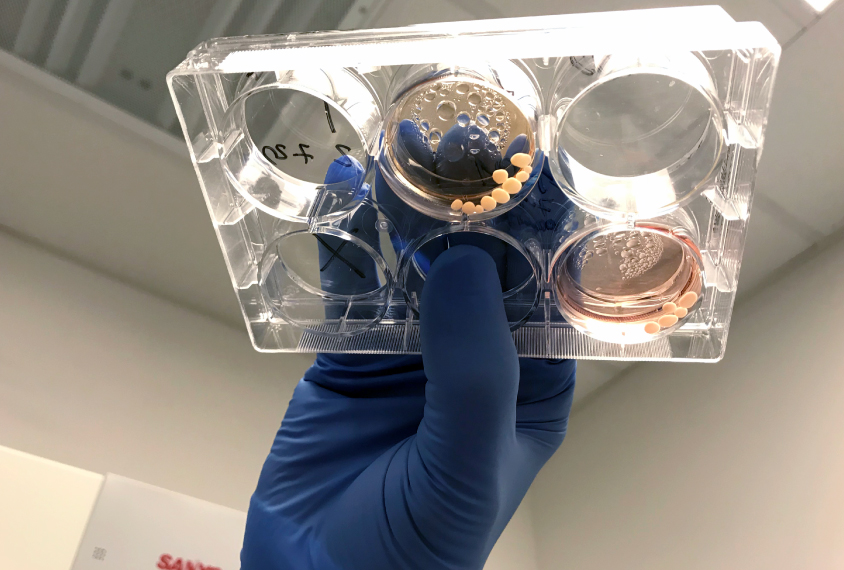Supervisor Nathan Fletcher announced Friday his policy recommendation for San Diego County to develop a Comprehensive Reduction Strategy to include Syringe Services Programs (SSP).
The current policy was last updated in 1997 and prohibits the establishment of needle exchange programs on the basis that they facilitate the injection of illegal substances.
However, Centers for Disease Control scientists point to evidence that overall, the community benefits outweigh any potential negatives.
“The evidence is clear, syringe service programs are a medically supported best practice that protects public health, saves lives, and puts people with substance use disorders on a path to recovery,” said Fletcher. “Clean needle exchange programs are perceived as controversial, but that is due to lack of awareness and understanding about the important role they have in reducing the transmission of viral hepatitis, HIV and other infectious diseases.”
During a Friday press conference, health advocates gave their firsthand knowledge regarding syringe service programs. Namely, their ability to decrease the spread of HIV and Hepatitis C, along with providing resources to drug users who are trying to break the cycle.
NBC 7 spoke with one woman who used to inject drugs and at one point, contracted Hepatitis C from a dirty needle. She went on to found the Harm Reduction Coalition of San Diego County.
“The syringe service program helped me to feel seen and heard and like a human being from the beginning and allow me to plug into services like case management and substance use treatment that propelled me into recovery and support of my success in making a positive change,” Tara Stamos-Buesig, founder of the Harm Reduction Coalition of San Diego County said.
Local
Currently, the only SSP is through the City of San Diego and is run by Family Health Centers of San Diego. Stamos-Buesig says areas like El Cajon, Lakeside, Chula Vista, Vista and Escondido could benefit from a county-wide plan.
The Board of Supervisors will vote on March 10 on whether or not the initiative should come to fruition.
If the ban is lifted, the Board will direct the County’s Chief Administrative Officer to develop the strategy, engage a third-party expert to review local data and establish best practices. The county would then be eligible for state funding, up to $90,000 per year, according to Fletcher.



